Berto Šalaj
Berto Šalaj is Associate Professor at the Faculty of Political Science, Zagreb University. He has a B.A., M.A. and Ph.D in political science. He is currently teaching courses in Political Socialization and Political Education, Democracy and Civil Society and Social Capital and Civil Society in Southeastern Europe. He has published a number of articles on political culture, social capital, democracy and populism.





Marijana Grbeša
Marijana Grbeša is an Assistant Professor at the Faculty of Political Sciences, University of Zagreb. She received her PhD at the Faculty of Social Sciences, University of Ljubljana. Her research interests include political communication, political marketing and mass media research. She was the Head of School of Journalism and the Vice-Dean for Science and International Relations at the same Faculty. She provides political analysis for the leading Croatian newspapers.